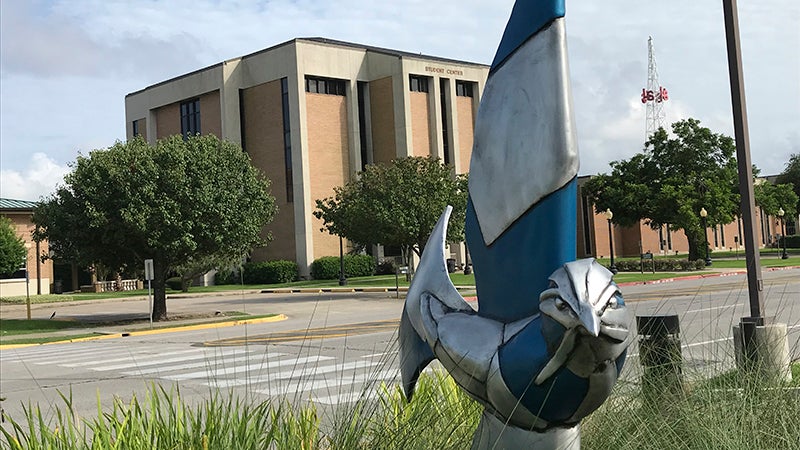Chamber leader: 2-year programs prepare students for jobs at plants
Published 12:13 am Thursday, July 25, 2019
The Beaumont-Port Arthur Metropolitan Statistical Area trails most larger U.S. areas in educational attainment, one study suggests, but abundant resources are here to prepare people for available good jobs.
That’s what Pat Avery, president and CEO of the Greater Port Arthur Chamber of Commerce, said Wednesday.
She said she’s confident Lamar State College Port Arthur, Lamar Institute of Technology in Beaumont and Lamar State College Orange can provide the right programs — in two years or less — that match up with high-pay area jobs.
“The most underrated degree program in America is the two-year associate degree,” Avery said. “Especially on the technical side, that degree outperforms and better compensates people than most four-year degrees. And that’s not just a recent trend.”
Avery, who retired from human resources in the petrochemical industry in 2012, said process operators in area plants were earning well above $30 an hour back then and drew substantial overtime, as well. Chances are, she said, pay has gone up.
WalletHub, a consumer website, reported Wednesday that of the 150 largest metropolitan statistical areas in the U.S., Beaumont-Port Arthur ranks No. 140 as “least educated.” The MSA includes Hardin, Jefferson, Newton and Orange counties.
WalletHub compared the MSAs using 11 key metrics, including data that ranges from the share of adults 25 and older with bachelor’s degrees to gaps in college education among demographic groups.
At No. 140, Beaumont-Port Arthur ranked a spot behind Corpus Christi and one spot ahead of Fresno, California. McAllen-Edinburg-Mission, Texas ranked No. 148 and Brownsville-Harlingen ranked at No. 149 in the study.
Beaumont-Port Arthur ranked No. 146 in attainment of bachelor’s degrees and was tied for No. 146 for percentage of people with professional or graduate degrees.
It had the third-largest gender gap among the 150 MSAs between women and men, with women holding the greater edge in attainment.
“I’m not terribly concerned about that study,” Avery said, adding the chamber takes an active role in supporting local education, especially as it pertains to job preparation.
She said two-year programs in process technology and instrumentation help area plants fill jobs. So do welding programs.
In addition, area schools with short-term programs in carpentry and special areas like scaffolding also fill construction jobs at area plants.






